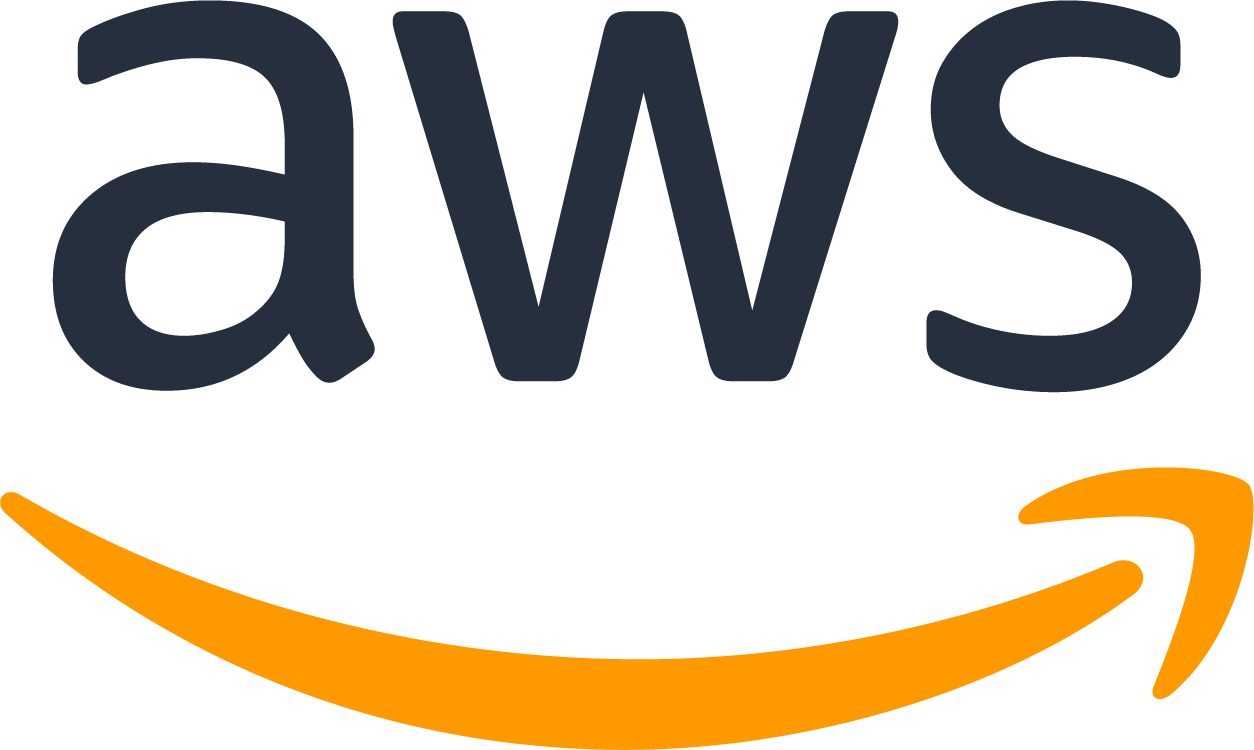Do the founders of Europe’s 2010s-era startups ever wonder what it would have been like to build in the era of generative AI (GenAI)?
Basil Fateen, who founded recruitment tech startup HireHunt in 2014, certainly has. From market research and product testing to wooing investors, he reckons he could have saved a lot of time and stress as a solo founder had this tech been available to him.
Today, Fateen has swapped his role as HireHunt’s founder and CEO for one as a principle startup advocate at Amazon Web Services (AWS), where he works with up-and-coming startups and helps them get set up with GenAI tools.
Sifted asked what he’d do differently if he were to build his startup from scratch today.
How has the startup ecosystem changed over the past decade, and what role has GenAI played in this?
Fateen: Startups are all about speed, and now they can move faster than ever. The massive transition that’s happened is between having to do so much ourselves to having amazing transformational technologies like GenAI that really accelerate every step of the [journey].
You can build and fine-tune a value proposition with GenAI, you can use it in your marketing so you don’t need to spend so much money creating content and you can use it to battletest your ideas when pitching to investors. You can build knowledge bases [so chatbots] can guide your users to discovering that “wow” moment. There’s no part of the startup journey that it doesn’t greatly enhance and accelerate.
You can use it in your marketing so you don’t need to spend so much money creating content and you can use it to battletest your ideas when pitching to investors.
There’s also more support for startups than ever before: today, more than 5k GenAI startups are using AWS and have access to the tools, mentorship and network they need to scale their businesses. Programmes such as AWS Startup Loft allow founders to discover and explore GenAI, and we have already supported over 25k businesses across Europe, the Middle East and Africa.
What would you have done differently at HireHunt with GenAI?
[As a solo founder], I was carrying a very big burden. I was trying to solve a recruitment problem, and because I didn’t understand human resources and recruitment, the first thing I did [was speak] to people. In the early days, I talked to no less than 25 recruiters, hiring managers and job seekers.
Imagine 25 interviews where you’re talking to people for between 30 minutes to one hour, transcribing them [and ending up with] documents and documents on your computer. Now you can put those through a large language model to find trends that, with the naked eye and so much data, would be tough to find. I can’t tell you how much time that would have saved me. With startups speed is the name of the game and the quicker you can go in the right direction, the better.
I can’t tell you how much time that would have saved me.
I was also building machine learning models to rank resumes and compare them to jobs. That process of building, training and optimising for the first version took no less than a year. This can be done overnight now [with tools like] Amazon Bedrock, using your knowledge base.
How would you have used GenAI to prepare for investor meetings?
I was a technical founder so I had a great idea and the skills to build it, but I didn’t have business acumen. When I put out my initial prototype, I was approached by some angel investors [who asked me to] send a pitch deck. I hung up the phone and Googled: “What is a pitch deck?”
Another issue I had, and a lot of technical founders have, is that I focused way too much on the product and the technology. For investors, of course, that’s important, but they want to know more about what the vision is and what the go-to market is.
Using prompt engineering, you can [ask] the AI to roleplay as a shrewd investor in the industry you are [targeting] and use it to find holes in [your pitch], and the potential questions that could be asked. It’s eerie how accurate GenAI can be when you battle test ideas like this, and if you can go [into a meeting with an investor] already addressing 90% of the questions that will be asked, it will give you a massive competitive advantage.
What would be your advice to a founder wondering if they should be using GenAI to build their startup?
I really believe this is the greatest time in history for builders — the speed at which you can create and refine your ideas and put things out onto a global platform to reach the right people is amazing. It’s that speed that is the most valuable thing; it's about the time it saves us all and the speed at which we can now give each other solutions and improve our lives.
Not using [GenAI] is no longer an option, because the competitive advantage for those who use it will be enormous.
Right now everyone who’s working with GenAI is a pioneer in one way or another. Everyone is experimenting to see how it can work and what’s the best way to make it work. Not using [GenAI] is no longer an option, because the competitive advantage for those who use it will be enormous.
There will be startups that apply GenAI externally to their value proposition and call themselves GenAI startups, but there are also many ways to use it internally, whether that’s to refine ideas, build software or create content. The possibilities are literally endless.





